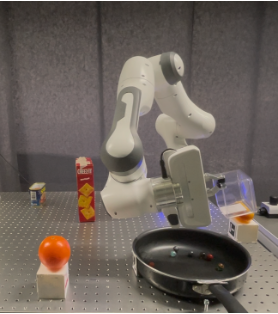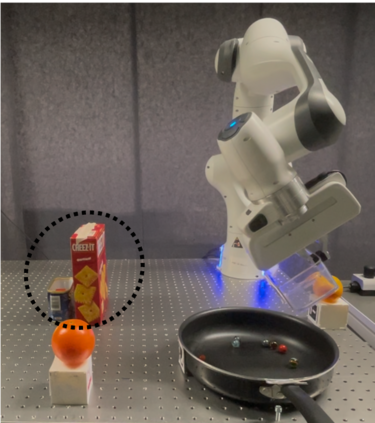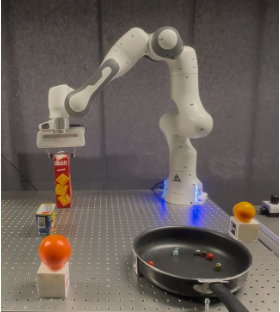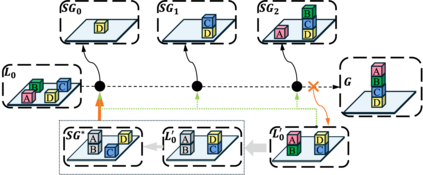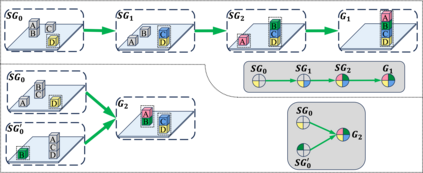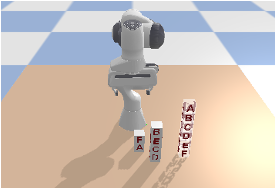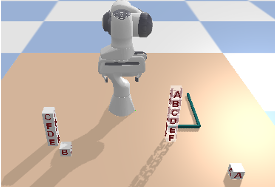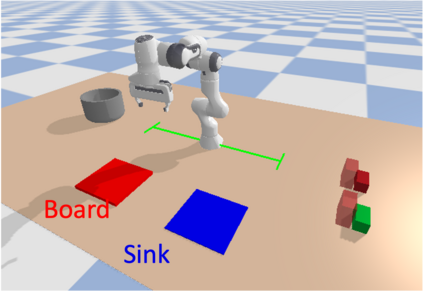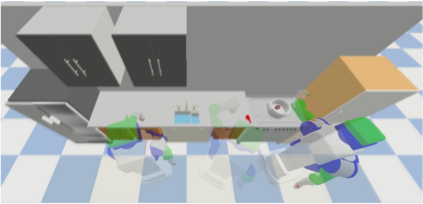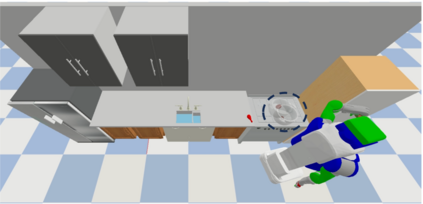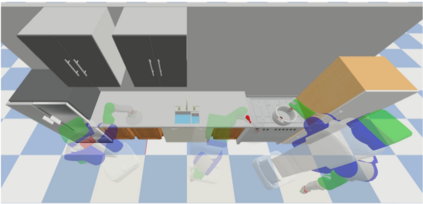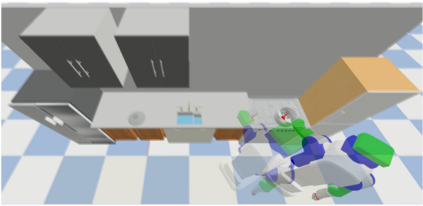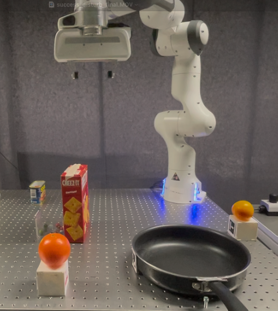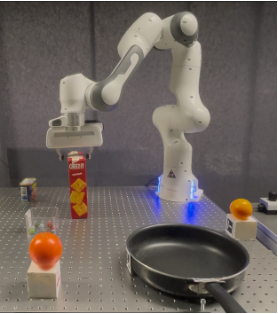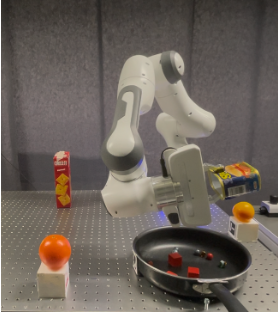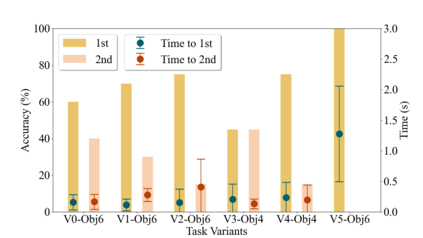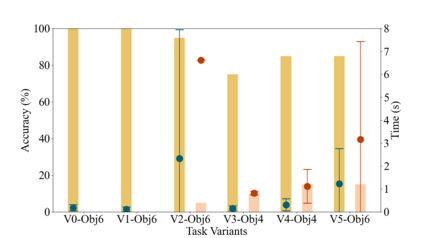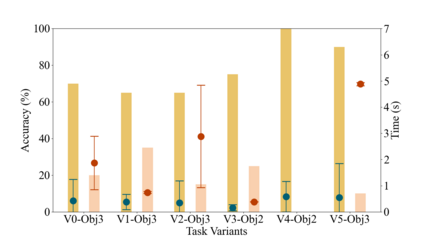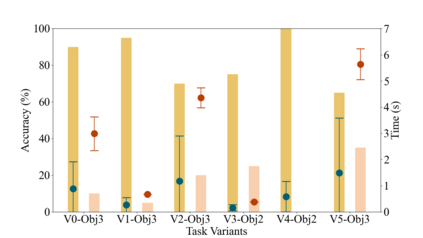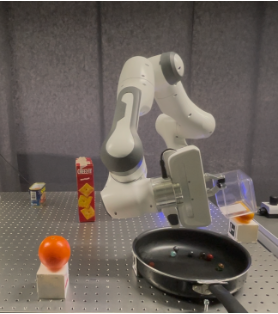
We present an efficient task and motion replanning approach for sequential multi-object manipulation in dynamic environments. Conventional Task And Motion Planning (TAMP) solvers experience an exponential increase in planning time as the planning horizon and number of objects grow, limiting their applicability in real-world scenarios. To address this, we propose learning problem decompositions from demonstrations to accelerate TAMP solvers. Our approach consists of three key components: goal decomposition learning, computational distance learning, and object reduction. Goal decomposition identifies the necessary sequences of states that the system must pass through before reaching the final goal, treating them as subgoal sequences. Computational distance learning predicts the computational complexity between two states, enabling the system to identify the temporally closest subgoal from a disturbed state. Object reduction minimizes the set of active objects considered during replanning, further improving efficiency. We evaluate our approach on three benchmarks, demonstrating its effectiveness in improving replanning efficiency for sequential multi-object manipulation tasks in dynamic environments.
翻译:暂无翻译
